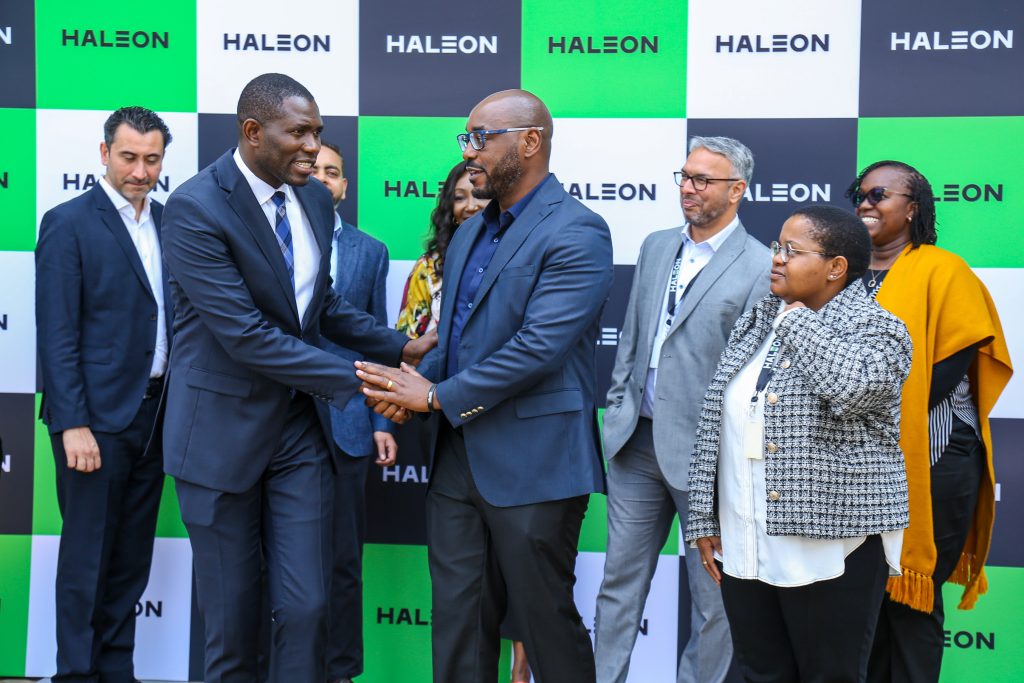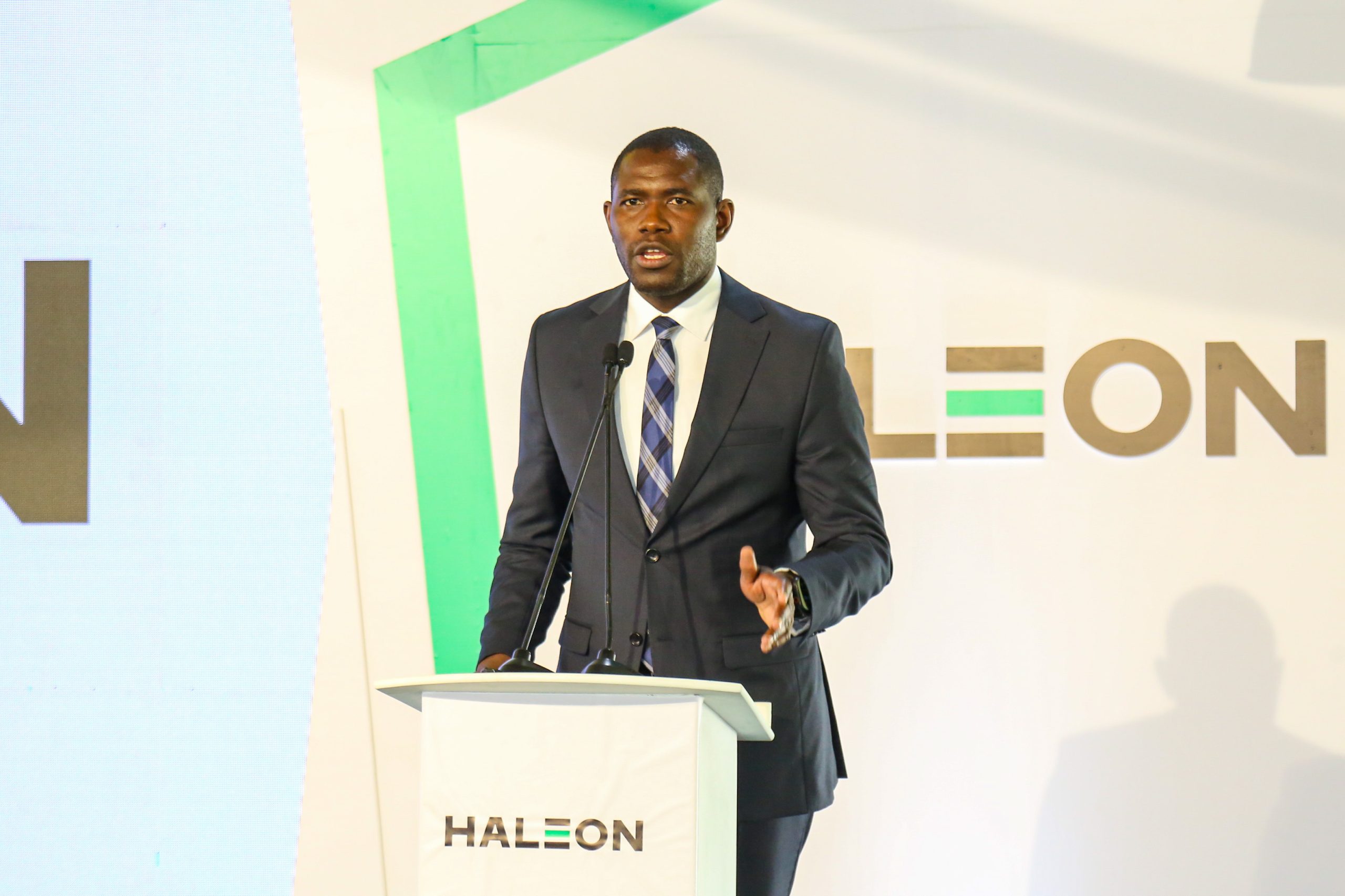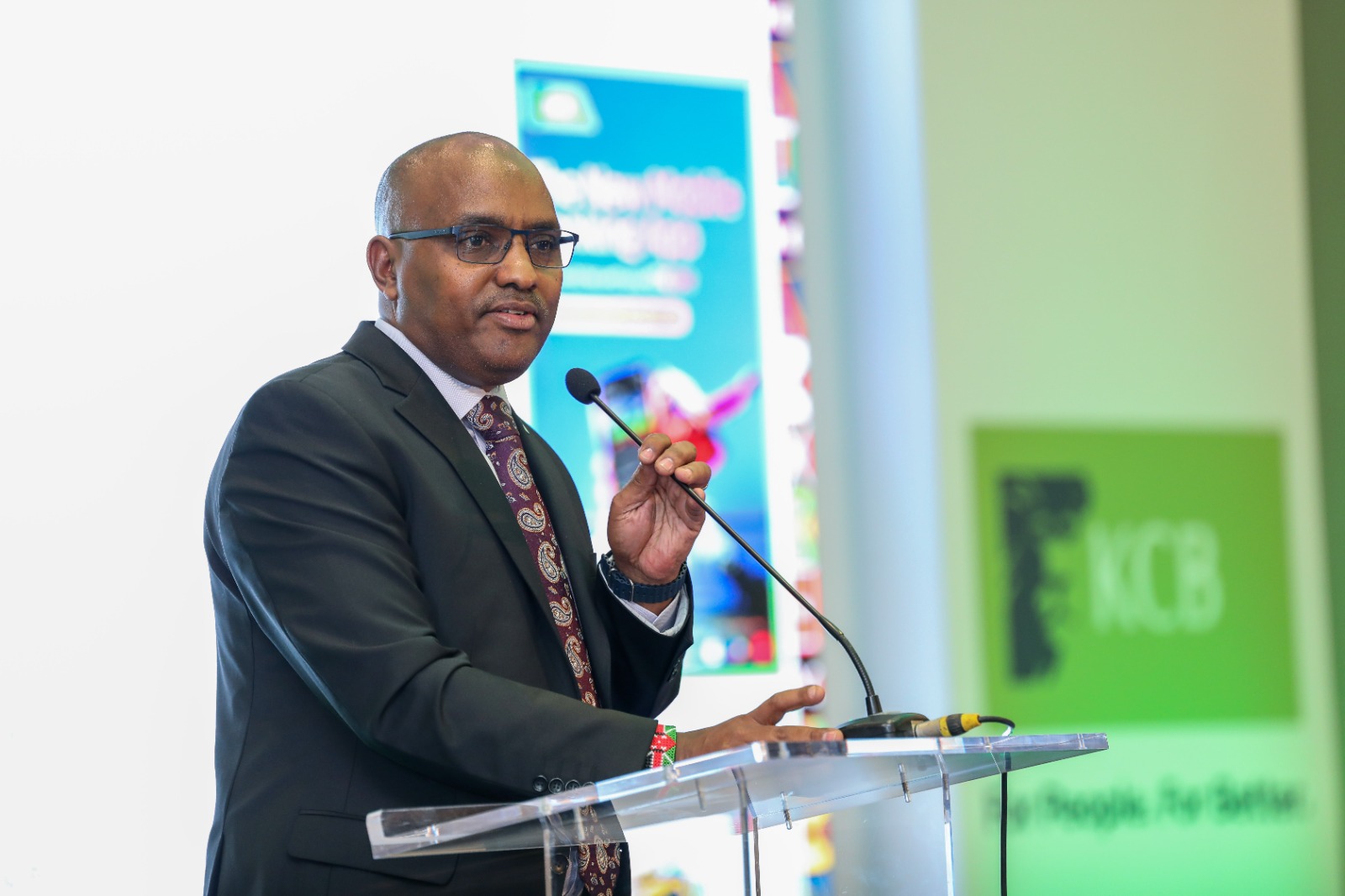By TWV Health Correspondent
Haleon Kenya Limited, a dynamic new force in the self-care industry, convened a landmark Stakeholder Breakfast yesterday, uniting Kenya’s foremost health leaders to champion health inclusivity across the nation and the continent. The event, held in Nairobi, marked the launch of the 3rd Edition of the Health Inclusivity Index, a groundbreaking report by The Economist Impact and Haleon, exposing stark inequities in healthcare access, particularly for low-income communities.
The Index’s findings underscored the pressing need for localised, people-centred, and multisectoral strategies to bridge these gaps. It revealed that individuals with low health literacy face healthcare costs nearly three times higher due to delayed or emergency care. Furthermore, targeted oral health promotion could save up to $12,488 per person among low-income groups, while preventive self-care could avert chronic conditions like type 2 diabetes, often linked to untreated gum disease.

Dr. Ouma Oluga, Principal Secretary for Medical Services, delivered a stirring keynote, reaffirming the government’s commitment to equitable healthcare. “A participatory approach, involving all stakeholders in designing and delivering interventions, is critical to achieving optimal health outcomes,” he said.
Richlove Mensah, Country Director at the British High Commission’s Department for Business and Trade, highlighted the importance of partnerships in crafting region-specific solutions. “Collaboration across sectors is essential to ensure health inclusivity reaches every corner of Kenya and beyond,” he noted.
Evah Amwayi, Haleon’s Head of Regulatory Affairs for Sub-Saharan Africa, sounded a cautionary note on the growing trend of self-medication, self-testing, and digital consultations. “While these innovations empower individuals, they carry risks without proper guidance,” she warned, advocating for robust education and oversight.
The Stakeholder Breakfast represents a pivotal moment for Kenya’s health sector, where public and private players are aligning to prioritise inclusive, accessible self-care. By addressing disparities and fostering resilience, Haleon Kenya is catalysing a movement towards a healthier, more equitable future for all Kenyans.
This dialogue, grounded in data and driven by collaboration, signals a bold step forward in reducing health inequities and building a more inclusive healthcare system across Africa.





